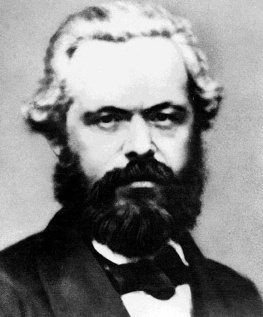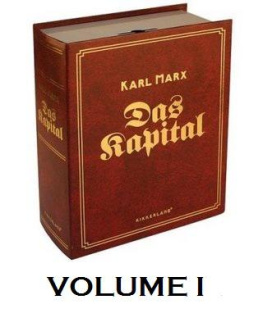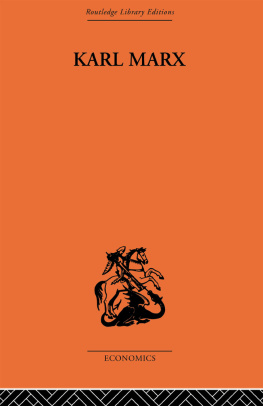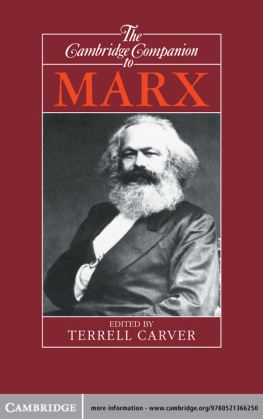LANDMARKS OF
SCIENTIFIC SOCIALISM
CHAPTER I
TRANSLATOR'S INTRODUCTION
When Dr. Eugene Duehring, privat docent at Berlin University, in 1875, proclaimed the fact that he had become converted to Socialism, he was not content to take the socialist movement as he found it, but set out forthwith to promulgate a theory of his own. His was a most elaborate and self-conscious mission. He stood forth as the propagandist not only of certain specific and peculiar views of socialism but as the originator of a new philosophy, and the propounder of strange and wonderful theories with regard to the universe in general. The taunt as to his all-comprehensiveness of intellect, with which Engels pursues him somewhat too closely and much too bitterly, could not have affected Herr Duehring very greatly. He had his own convictions with respect to that comprehensive intellect of his and few will be found to deny that he had the courage of his convictions.
Thirty years have gone since Duehring published the fact of his conversion to socialism. The word "conversion" contains in itself the distinction between the socialism of thirty years ago and that of to-day. What was then a peculiar creed has now become a very widespread notion. Men are not now individually converted to socialism but whole groups and classes are driven into the socialist ranks by the pressure of circumstances. The movement springs up continually in new and unexpected places. Here it may languish apparently, there it gives every indication of strong, new and vigorous life.
The proletariat of the various countries race as it were towards the socialist goal and, as they change in their respective positions, the economic and political fields on which they operate furnish all the surprises and fascinations of a race course. In 1892 Engels wrote that the German Empire would in all probability be the scene of the first great victory of the European proletariat. But thirteen years have sufficed to bog the German movement in the swamps of Parliamentarianism. Great Britain, whose Chartist movement was expected to provide the British proletariat with a tradition, has furnished few examples of skill in the management of proletarian politics, but existing society in Great Britain has none the less been thoroughly undermined. The year before that in which Herr Duehring made his statement of conversion, the British Liberals had suffered a defeat which, in spite of an apparent recuperation in 1880, proved the downfall of modern Liberalism in Great Britain, and showed that the Liberal Party could no longer claim to be the party of the working class. Not only that, but the British philosophic outlook has become completely changed. The nonconformist conscience grows less and less the final court of appeal in matters political. A temporary but fierce attack of militant imperialism coupled with the very general acceptance of an empiric collectivism has sufficed to destroy old ideas and to make the road to victory easier for a determined and relentless working class movement.
But if thirty years have worked wonders in Europe, and disintegration can be plainly detected in the social fabric, the course of social and political development in the United States has been still more remarkable. In 1875 the country was still a farming community living on the edge of a vast wilderness through which the railroad was just beginning to open a path. Thirty years have been sufficient to convert it into the greatest of manufacturing and commercial states. The occupation of the public lands, the establishment of industry on an hitherto undreamed of scale, the marvellous, almost overnight creation of enormous cities, all these have resulted in the production of a proletariat, cosmopolitan in its character, and with no traditions of other than cash relations with the class which employs it. The purity of the economic fact is unobscured. Hence a socialistic agitation has arisen in the United States, the enthusiasm of which vies with that in any of the European countries and the practical results of which bid fair to be even more striking. This movement has arisen almost spontaneously as the result of economic conditions. It is a natural growth not the result of the preaching of abstract doctrines or the picturing of an ideal state. The modern American proletariat is, as a matter of fact, given neither to philosophic speculation nor to the imagination which is necessary to idealism. Such socialism as it has adopted it has taken up because it has felt impelled thereto by economic pressure.
Hence, apart from all socialistic propaganda, a distinct disintegration-process has been proceeding in modern society. Each epoch carries within itself the seeds of its own dissolution. Things have just this much value, they are transitory, says Engels in his paraphrase of Hegel, and this is in fact the central idea of his dialectic philosophy.
He criticises the work of Duehring from this standpoint. He labors not so much to show that Duehring is mistaken in certain conclusions as to prove that the whole method of his argument is wrong. His diatribes, though the subject matter of his argument requires him to attack the Berlin tutor, are directed chiefly against all absolute theories. "Eternal truth," in the realm of science, equally with that of philosophy, he scouts as absurd. To interpret the history of the time in terms of the spirit of the time, to discover the actual beneath the crust of the conventional, to analyse the content of the formul which the majority are always ready to take on trust, and to face the fact with a mind clear of preconceived notions is what Engels set out to do. It cannot be said that he altogether succeeded. No man can succeed in such a task. The prejudices and animosities created by incessant controversy warped his judgment in some respects, and tended on more than one occasion to destroy his love of fair play. The spirit which is occasionally shown in his controversial writing is to be deplored but it may be said in extenuation that all controversies of that time were disfigured in the same way. He pays the penalty for the fault.

















